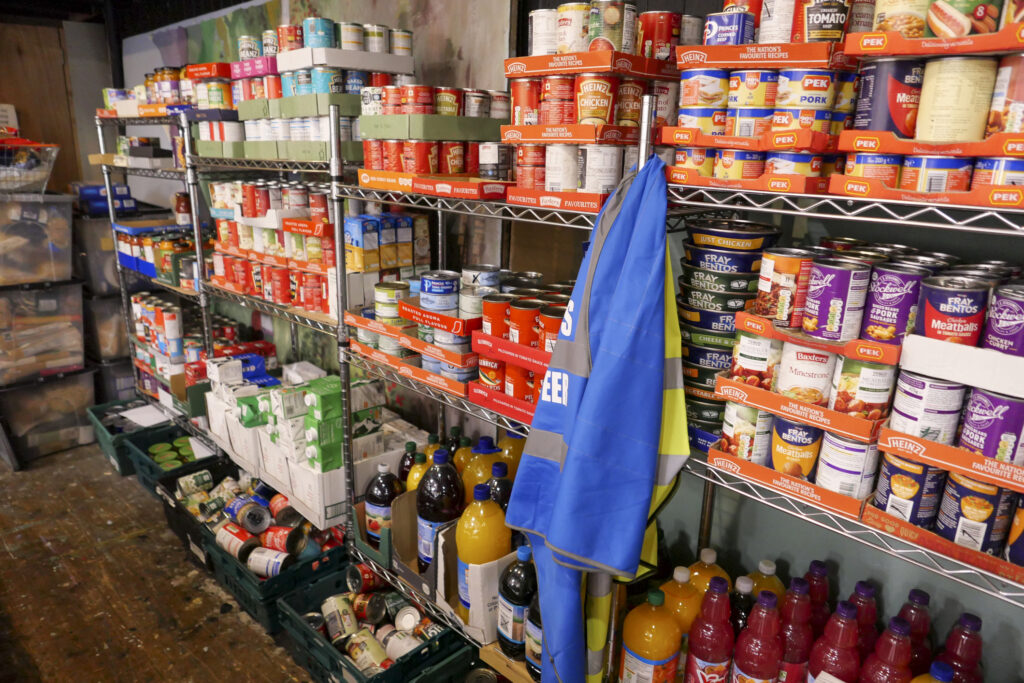Higher interest, labor shortages constrain growth as Iowa’s rural economy slows

Michael Crumb Mar 17, 2023 | 7:46 am
<1 min read time
0 wordsAg and Environment, All Latest News, Economic DevelopmentIowa’s rural economy declined sharply in March, down more than 10 points, as employment slowed, according to a survey of rural bank managers.
Creighton University’s Rural Mainstreet Index for Iowa, released Thursday, fell to 46.7, down from 56.9 in February. The state’s new-hiring index for March dropped to 37.1, down from 48.8 the previous month.
The index ranges from zero to 100, with a score of 50 representing neutral growth.
The survey covers agriculturally and energy-dependent states, focusing on about 200 communities with an average population of 1,300.
For the 10-state region included in the survey, the index fell to 45.6, down from 50.1 in February.
“The rural mainstreet economy continues to experience slow, to no, to negative economic growth,” Ernie Goss, Jack A. MacAllister chair in regional economics at Creighton, said in the report. “Less than 1% of bankers reported improving economic conditions for the month with 92% indicating no change in economic conditions from February’s slow growth.”
There were some positive signs.
The farm equipment sales index increased to 59.2, up from 51.2 in February. The rise is a result of solid farm financial conditions, the report stated.
According to the report, bankers said they expect farmland prices to stabilize over the next year. Farmland prices grew by about 9% over the past year, but bankers said they expect that to level off to about 1% growth over the next 12 months.
The survey was conducted before the recent bank failures, so they were not considered in bankers’ responses in the March report.
Index scores for loan volume, checking deposits and certificates of deposit all increased in March.
Bankers indicated they supported continued interest rate hikes in an effort to bring down inflation. More than half said the Federal Reserve should increase rates by 0.25%, while 30.5% supported a 0.50% increase and 13% recommended no rate change.
For the region, the new hiring index fell to 45.1,down more than three points, as labor shortages continue to constrain growth, the report showed.
The home-sales index remained weak in March, sinking to 36.4, down from February’s 37.0.
“This is the tenth straight month that the home-sales index has fallen below growth neutral,” Goss said in the report. “An almost doubling of the 30-year mortgage rate over the past year and low inventory levels slowed home sales in the region over that time period.”
Goss also said bankers were pessimistic about the economic outlook with downward pressure on retail sales for the first quarter of the year. That was evident in the decline of the retail sales index to 41.3, down from 50 the prior month.
The retail sales index for March dropped to 41.3 from February’s 50.0. “Bankers were pessimistic regarding the economic outlook with downward pressure on retail sales for the first quarter of 2023,” said Goss.
That pessimism was also seen as the survey’s confidence index slumped to 39.1 in March, down from 44.4 last month, as a slowing economy, higher borrowing costs and labor shortages continue to inhibit growth, Goss said.
“Over the past 12 months, the regional confidence index has fallen to levels indicating a very negative outlook,” he said.

Michael Crumb
Michael Crumb is a senior staff writer at Business Record. He covers real estate and development and transportation.










